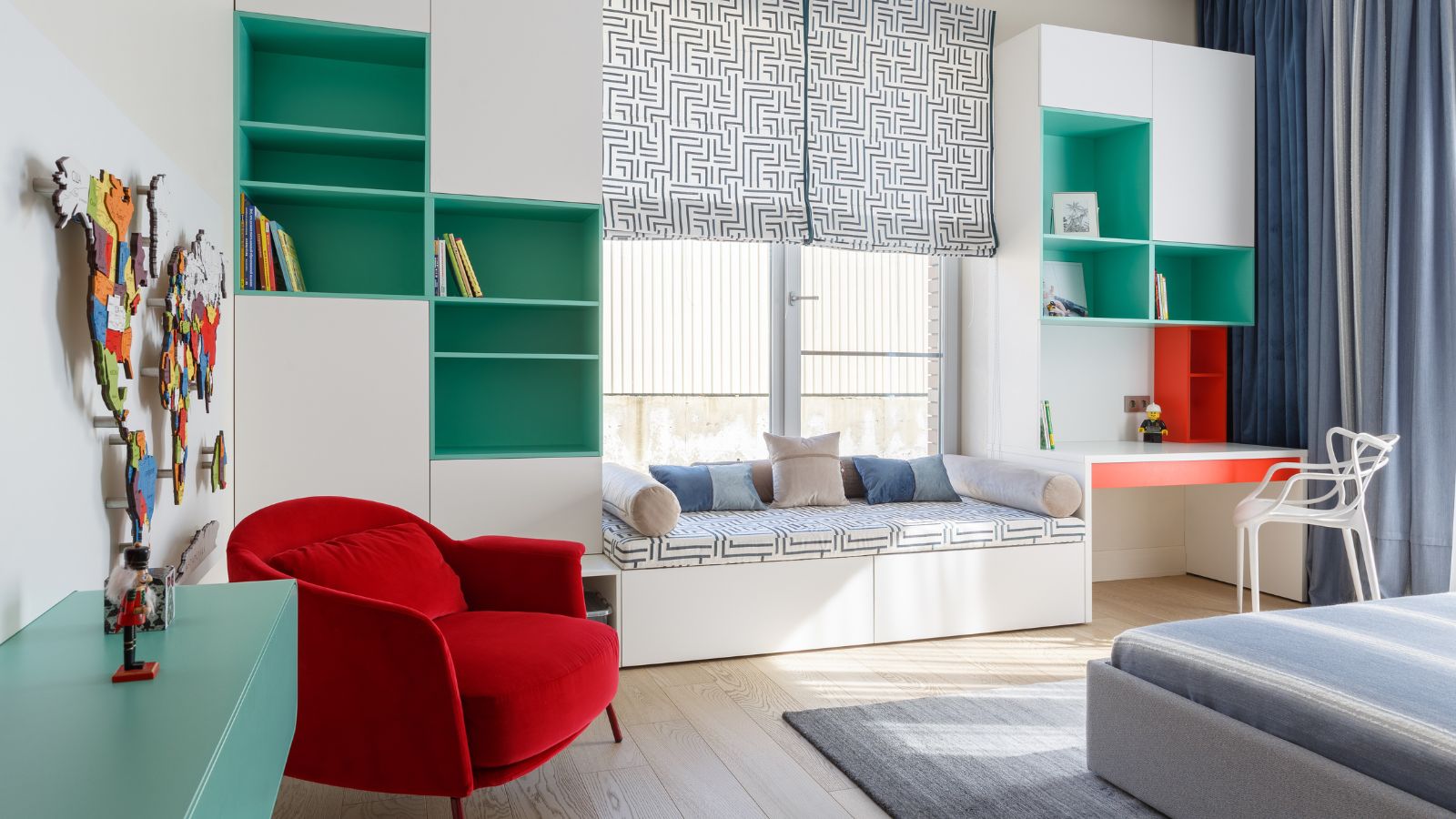
Clutter can be stressful, taking both a physical and mental toll, interrupting focus, bringing feelings of shame and can lead to social isolation for fear of bringing loved ones into your cluttered space. If this resonates, the art of 'Zen minimalism' may be for you.
With it, you can cultivate a new sense of calm in your home. Don't worry, it isn't about bare white walls and empty spaces, but rather ridding you of the negative sense of overwhelm associated with a cluttered environment.
Enter 2025 with an unshakable aura of peace in your home and you'll notice the difference in how you feel immeasurably. Here, experts explain what Zen minimalism is, how it can assist you in culling clutter easily, and how to incorporate its principles into your home to prompt a mindset shift that helps prevent clutter.
What is 'Zen Minimalism'?
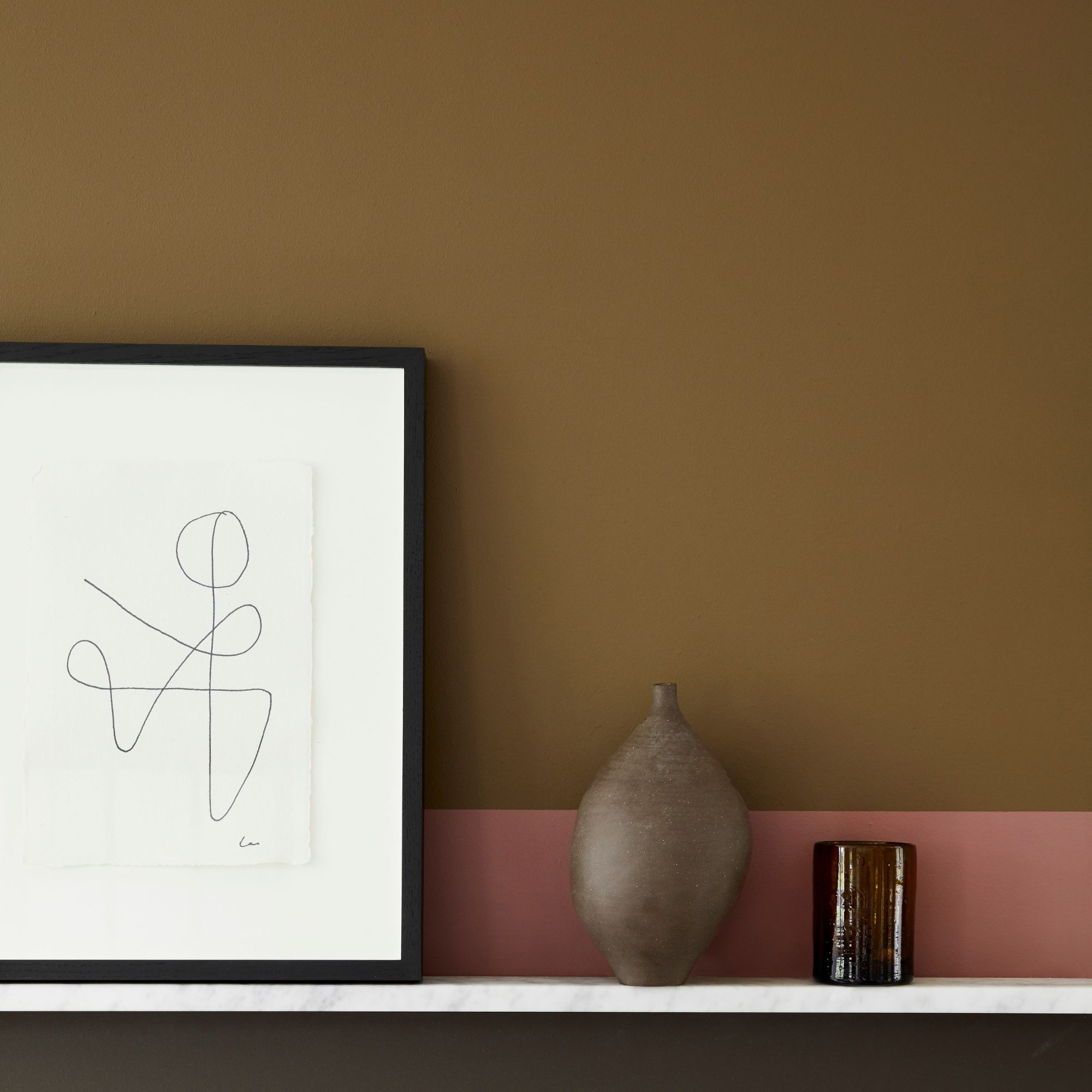
Zen minimalism is a lifestyle derived from Zen Buddhism, which emphasizes the value of simplicity, balance and aiming to achieve a sense of neutrality.
Think of a set of scales with a weight either side representing abundance and scarcity.
The ideal balance is when the scale is level. It isn't about abundance (having too much which would tip the scale) or scarcity (having too little so you feel deprived of what you love or want and need), but rather living in a state of contentment and non-attachment within a tranquil home environment that works for you.
Why Zen Minimalism is a good mindset
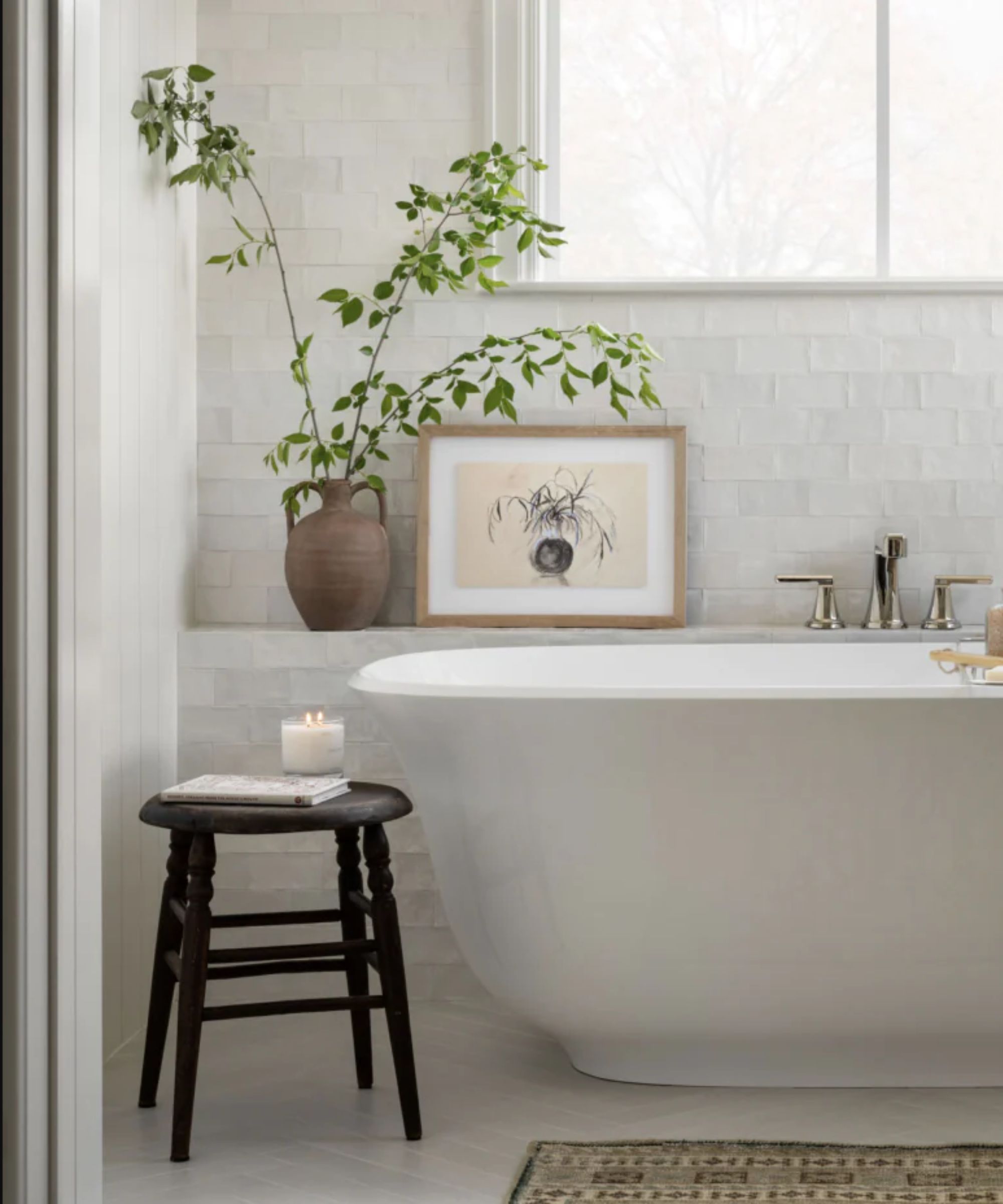
It's said that achieving a state of 'Zen', translating to 'peace' and 'calm', is good not only for a person's health, but also to improve the relationship they hold towards physical things and their home as a whole.
Karina Toner, operations manager and a professional cleaner at Spekless, says, 'Zen minimalism encourages letting go of excess possessions and creating serene spaces to foster mindfulness and inner peace. It isn’t just about aesthetics but also about cultivating harmony between the environment and the self.'
These ideas of harmony and letting go align exactly with the symbolic nature of a New Year and its blank slate.
'The start of a new year is symbolic of fresh beginnings, which can help someone to get motivated to declutter,' says Karina. 'Zen minimalism aligns perfectly with this energy by helping you release what no longer serves you and creating a calming sanctuary that supports your goals and mental well-being.'
Focusing on the 'Zen', not the 'Minimalism'
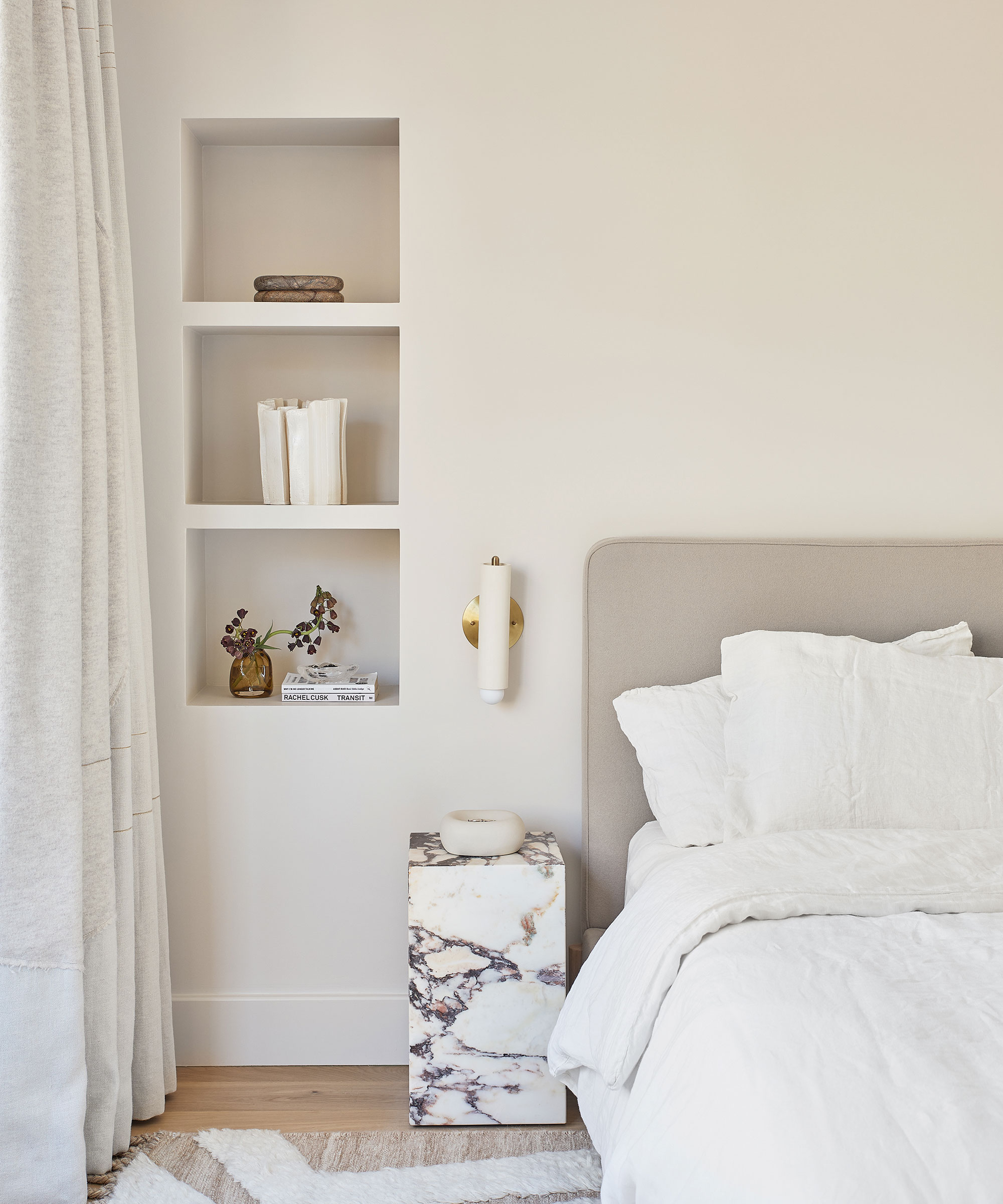
Decluttering your home in a thoughtful manner is the key to setting yourself up for a successful decluttering session. It's easy to get caught up in the word 'minimalism' and start taking minimalism too far to have as little possessions in your spaces as possible. But if you do this in a chaotic manner you're not only going to feel the opposite of 'zen', you're also likely to remove items from your life that did have value, leading to regrets later on.
Kamila Hankiewicz of Oishya, a Japanese kitchenware company striving to create long-lasting goods so people can do more with less, says, 'Zen minimalism is not about creating stark, empty spaces, but rather about crafting environments that support peace of mind and purposeful living. This means choosing quality over quantity, maintaining spaces with small daily actions, and being mindful about new purchases.'
Azumi Uchitani, writer, artist, lecturer, co-founder of the Japanese Wisdom Academy, and the author of the upcoming book YOSHUKU, Japanese Art of Manifesting, adds, 'I personally do not like using the term "minimalism" in connection with Zen Buddhism because the word "minimize" can feel limiting and it suggests reduction rather than expansion. In the Buddhist way of life, the focus is on creating spaciousness – both in our physical and mental space. This spaciousness allows our vital energy to flow and expand, enabling us to live with a sense of peace, joy, and harmony, freeing us from unnecessary stress.'
How to declutter your home through Zen Minimalism
To start your Zen minimalism decluttering journey, Kamila and Azumi recommend asking yourself the following questions while gradually going from room to room, and area to area, evaluating your possessions:
- How does each object make you feel when you use or see it?
- Does each object align with your vision of a peaceful home?
- Does each item align with your idea of a peaceful, authentic life?
- Does each object support your current life path?
- Is each item necessary for your fulfillment?
Once you have evaluated each item, deciding if it's something that aligns with what you use, need and love, declutter as you go by returning it to its home or placing it in a pile to sell or donate.
'Be present with each item, and treat them with loving care as they are an extension of you,' says Azumi. 'You are energetically connected to the items you use and the place where you are. As you care about yourself, you extend this care to the items and surroundings.'
Azumi continues, 'Treat each item with gratitude, acknowledging its role in your life, whether you keep it or let it go. Especially when you find something you don’t need any longer, you express gratitude to this item and it will become easier to let it go.'
After this point it's about maintaining the goodness of the practice by regularly checking in with your possessions and remaining intentional about future purchases to prevent a build up of unnecessary items.
'This thoughtful approach naturally leads to spaces that feel calmer and more intentional, perfect for starting the New Year with clarity and purpose,' adds Kamila.
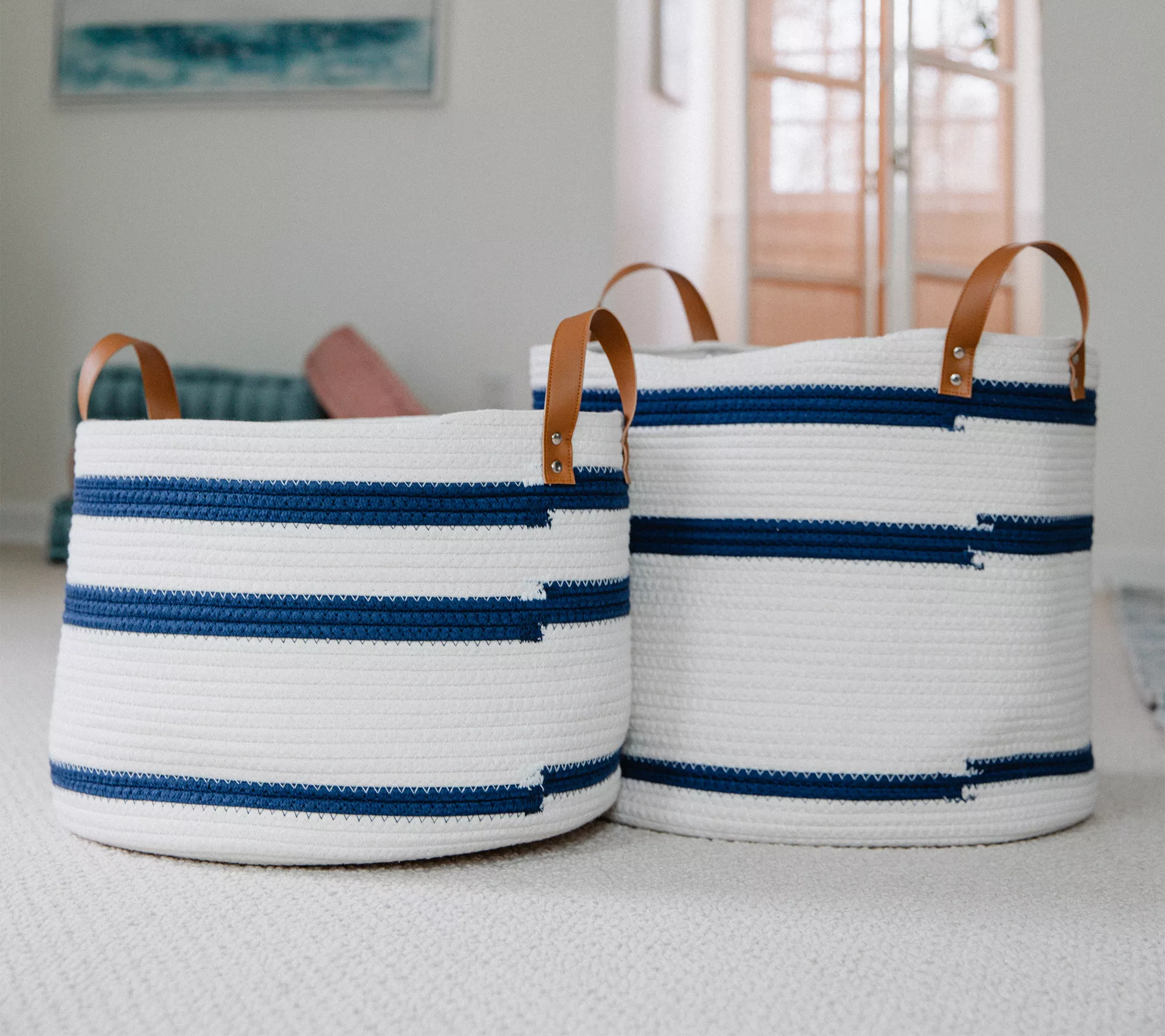
A set of baskets with handles can be helpful when decluttering, allowing you to have a donate and sell pile that doesn't then spill over into other areas of your home. You'll likely need time once you decide what to do with your things to action letting go
What are the benefits of Zen Minimalism?
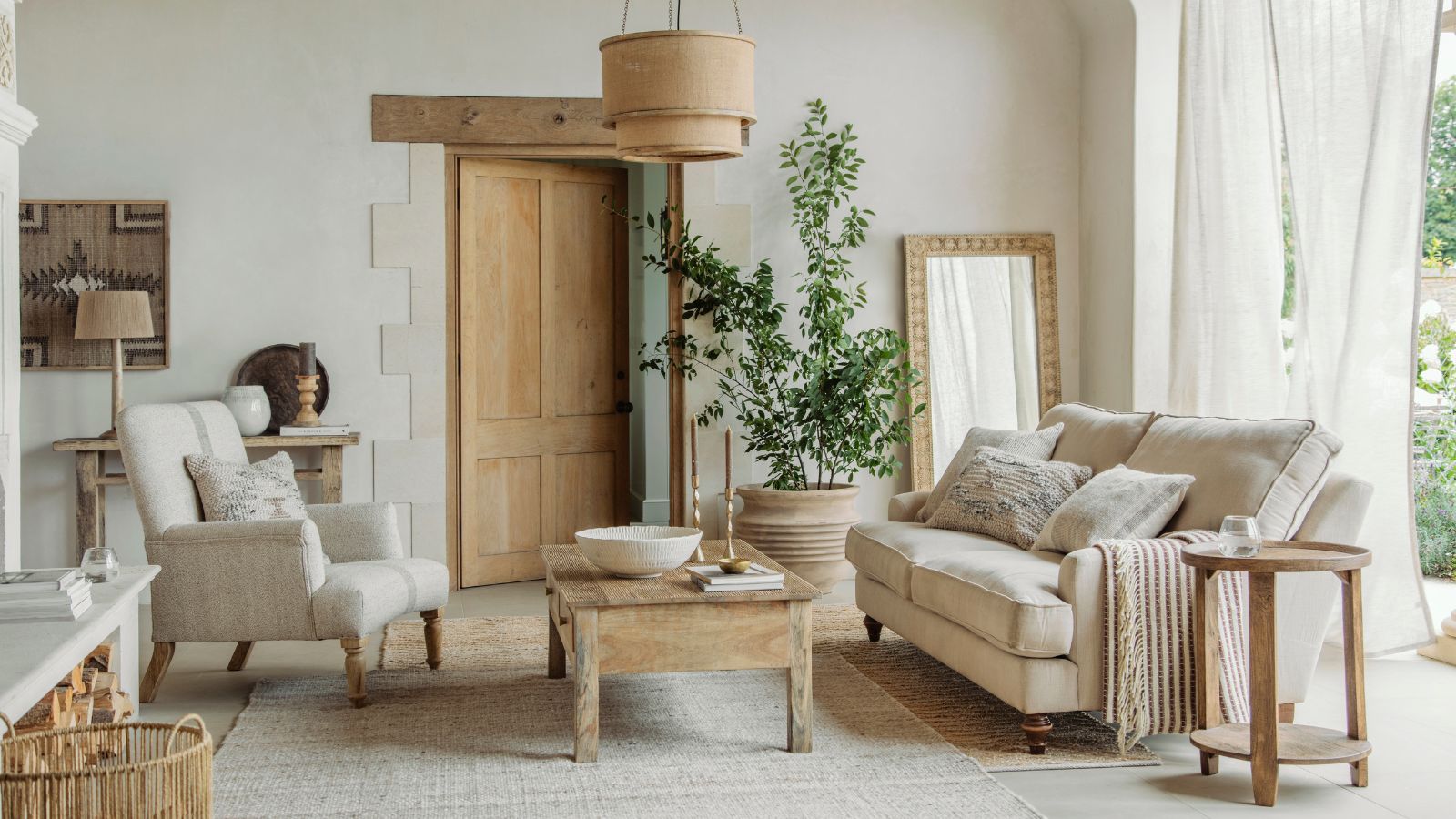
There are many benefits to adopting principles of Zen minimalism into your life. Laura Coufal, home organizing and decluttering expert, and owner of The Simple Daisy, shares some of the main benefits:
- Zen minimalism shows you the value of empty spaces: Having some empty space allows positive energy to flow around your home and creates a peaceful, Zen-like environment. Like everything else in life, your home needs to maintain a balance of both empty space and 'stuff' to feel breathable.
- Quality over quantity: Embracing the principles of minimalism focuses on quality over quantity and prioritizing experiences over possessions. You will end up surrounding yourself with objects that uplift and inspire you, and create a living space for yourself that reflects your values and aspirations.
- Clear space, clear mind: The clutter in our homes and our minds are often bound together, and one directly affects the other. So when you clear your space, you clear your mind as well.
Karina Toner, professional cleaner, says, 'Zen minimalism is not about deprivation, but about curating a home that resonates with peace, functionality, and intention. This philosophy can guide you toward a clutter-free, harmonious living space that nurtures calm and clarity.'
Karina shares two more benefits:
- Calm and clarity: Decluttering with Zen minimalism in mind helps reduce visual clutter and mental noise, creating a tranquil living environment. I recommend bringing thoughtful additions into your space to help create a calming ambiance.
- Stress reduction: Minimalist spaces are easier to clean and maintain, reducing daily stress.
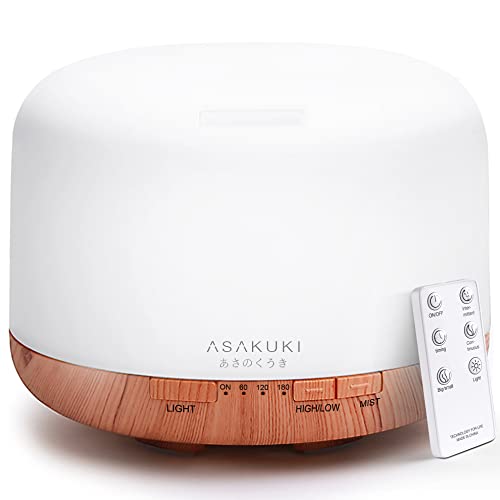
Diffusers can help make cleaning and decluttering better by surrounding one of your five senses with a pleasant aroma as you do the task. This one has an auto-switch off which is helpful for safety.
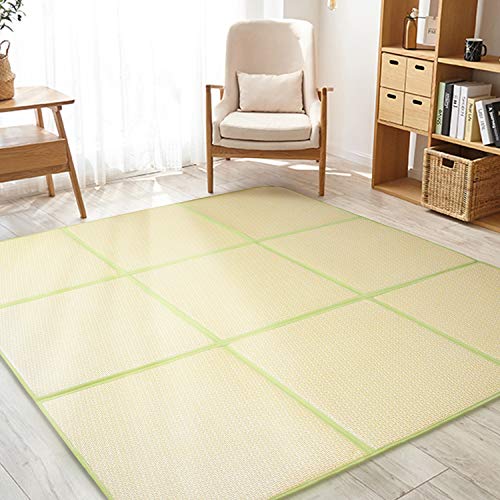
Karina recommends this Tatami mat as it's easy to clean, can be folded away and comes with a storage bag. It's a great addition to a minimalist home as it doesn't have to be out all the time and it's multi-functional: sit, play, meditate and more.
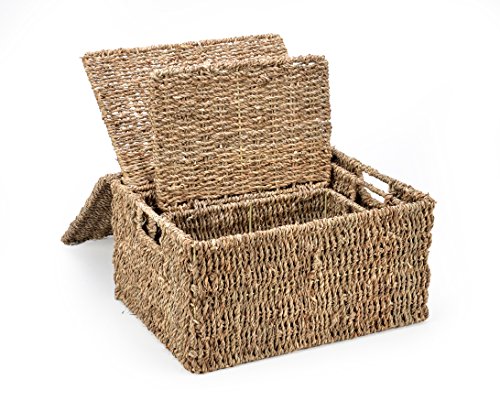
Storage with lids are preferred to those without lids as they help to hide away clutter and create a cleaner look visually.
Don't forget that what one person considers to be a peaceful space won't be the same as someone else. There isn't an exact standard or set of rules to follow: so long as you feel calm, content and happy in your space and with your possessions, that's what matters most.
'This concept teaches that creating a harmonious, uncluttered environment is not about achieving a one-time goal but about cultivating a daily practice,' says Azumi. 'Tidying up becomes a ritual, much like maintaining personal hygiene, where you also care for your environment. Since it’s not a one-time task but a way of life, it becomes part of your daily routine, ensuring your space remains well-kept.'
If Zen minimalism peaked your interest, you may enjoy learning about the difference between minimalism vs essentialism. Essentialism has more of a focus on the 'stuff' than Zen minimalism, so if you're looking for a principle to help you pare down your possessions faster, it might do the trick.
Next, lean into the decluttering strategies minimalists swear by.







